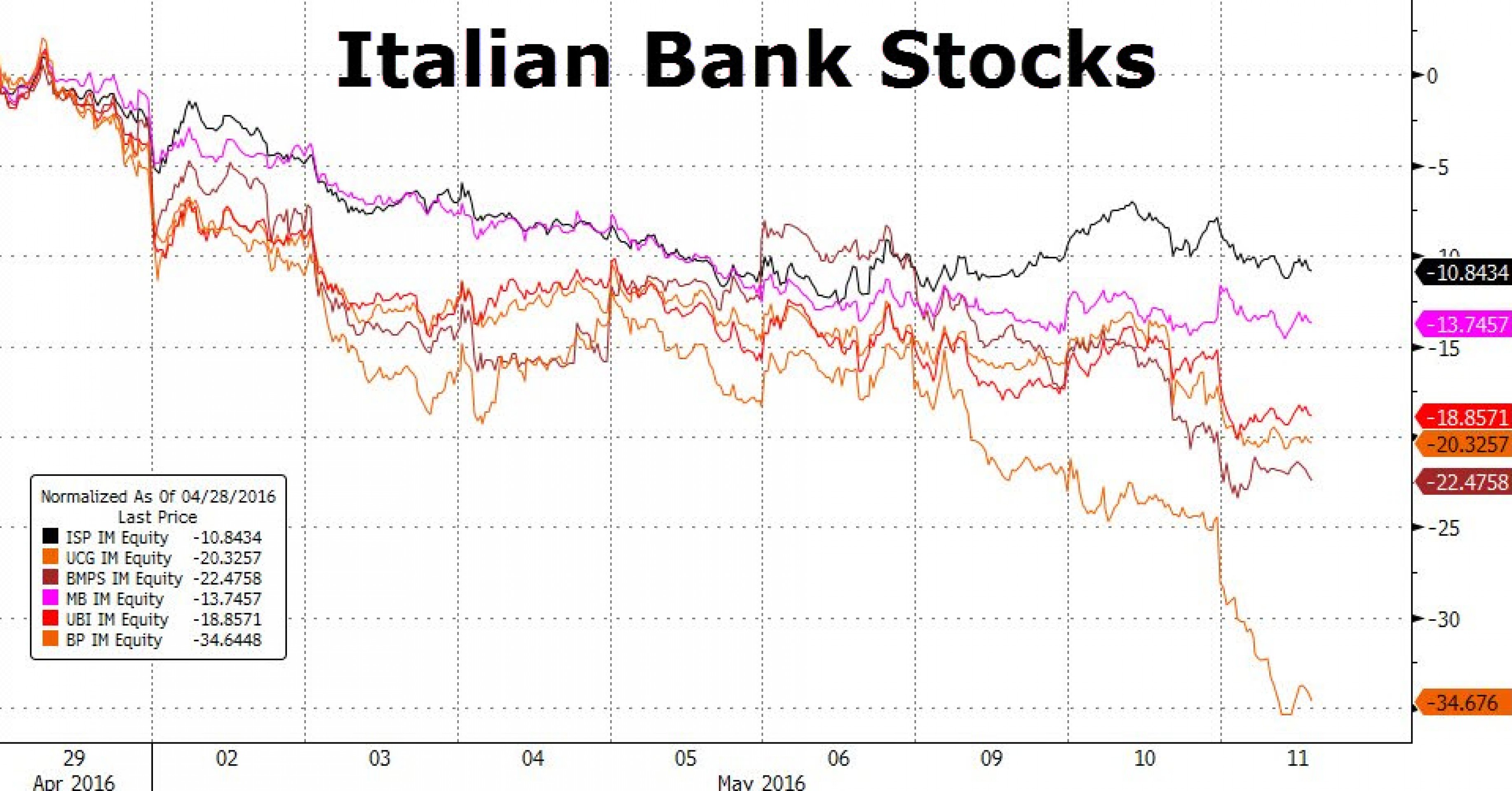
Applying the Institutional Theory at the Level of Halal Consumers: The Case of Cape Town in South Africa. An Empirical Investigation of Ethnic Food Consumption: A Perspective of Majority Ethnic Group. International Journal of Emerging Markets, (just-accepted), 0.Īyyub, R. Halal Products Consumption in International Chain Restaurants among Global Moslem Consumers. British Food Journal.Īsnawi, N., Sukoco, B. Personal Values Underlying Halal Food Consumption: Evidence from Indonesia and Malaysia. Bairut: Dār al-Kutub al-‘Ilmiyyah.Īrsil, P., Tey, Y. Bairut: Dār Ihyā’ al-Turāth al-‘Arabī.Īndalusī, M. Rūh al-Ma’āni fi Tafsīr al-Qur’ān al-‘Aẓīm wa al-Sab’ al-Mathāni. Factors Affecting Halal Meat Purchase Intention: Evidence From International Muslim Students In China. Bairut: Dār al-Fikr.Īli, A., Xiaoling, G., Sherwani, M., & Ali, A. Tafsīr al-Munīr fi al-‘aqīdah wa Al-Syarī’ah wa al-Manhaj. Tafsir Ekonomi Kontemporer: Menggali Teori Ekonomi dari Ayat-Ayat Al-Qur’an. E-Journal Of The 6th Arabic Studies & Islamic Civilization.Īl-Faizin, A. Syariah Compliance on Halal Food Based on Certain Ayat in Surat Al-Ma’idah. Furthermore, the study recommends that there is need for creating the necessary legal framework to ensure its smooth operations, intensify efforts on creating public awareness, rolling out more sharia compliant products that can take care of the peculiarities that exist in business environment and training and retraining of staff on effective Islamic banking.Ībdelali, A. The study concludes that Islamic banks and windows have contributed towards the growth of the Nigeria’s economy. In other words, this implies that Islamic banks and windows have largely supported private consumption, business investments of its customers, aid government spending via sharia bonds (sukuk) to fund developmental projects of its customers. deposit and loan activities) have a positive impact on the growth of Nigeria’s economy because the probability values of the variables (P=0.003 and 0.019) were less than alpha (α =0.05) level of significance. The result revealed that the variables (i.e. For the analysis, measures of central tendency (tables, frequency and percentages) and inferential statistics (Logit Regression) were used. To support the study hypothesis were also formulated. Variables such as deposit activities, loan activities, and perception of bank employees were also adopted as explanatory or independent variable and dependent variable respectively. 367 questionnaires were successfully retrieved. 379 copies of questionnaires were administered based on the sample size obtained via the use of Taro Yamane formula.


Data were obtained using structured questionnaires. This study investigates the contribution of Islamic banks and Islamic windows to the growth of the Nigerian economy.


 0 kommentar(er)
0 kommentar(er)
